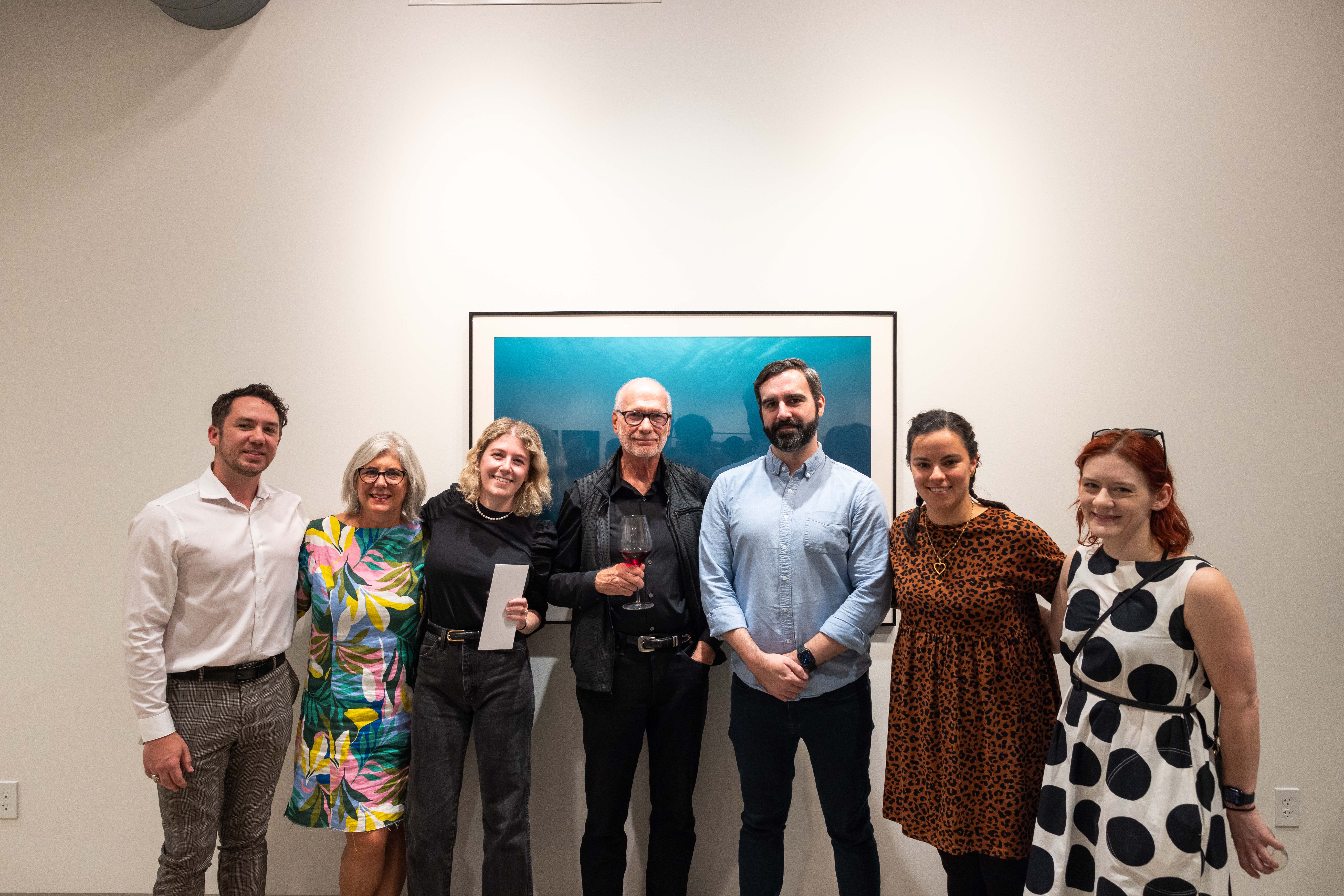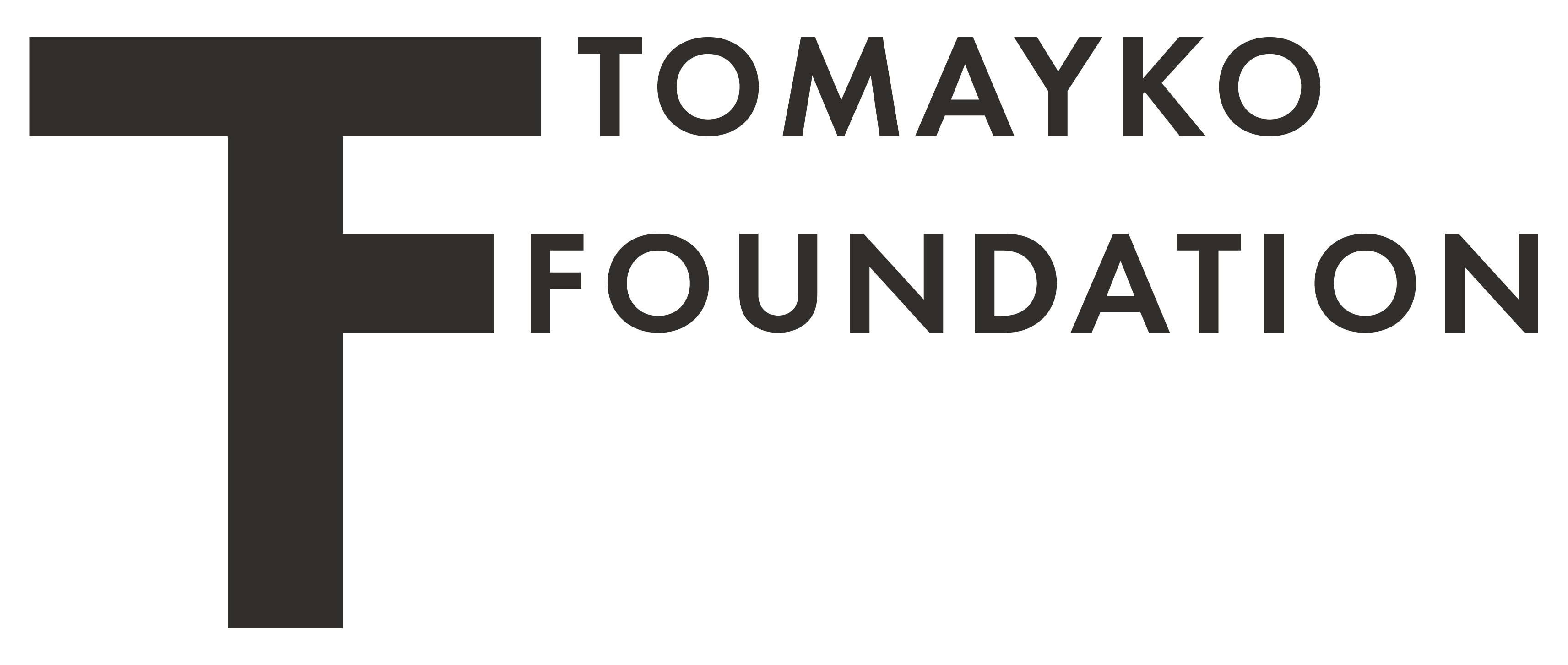COMMENCE
“The true picture of the past flits by. The past can be seized only as an image which flashes up at the instant when it can be recognized and is never seen again.” --Walter Benjamin, Theses on the Philosophy of History
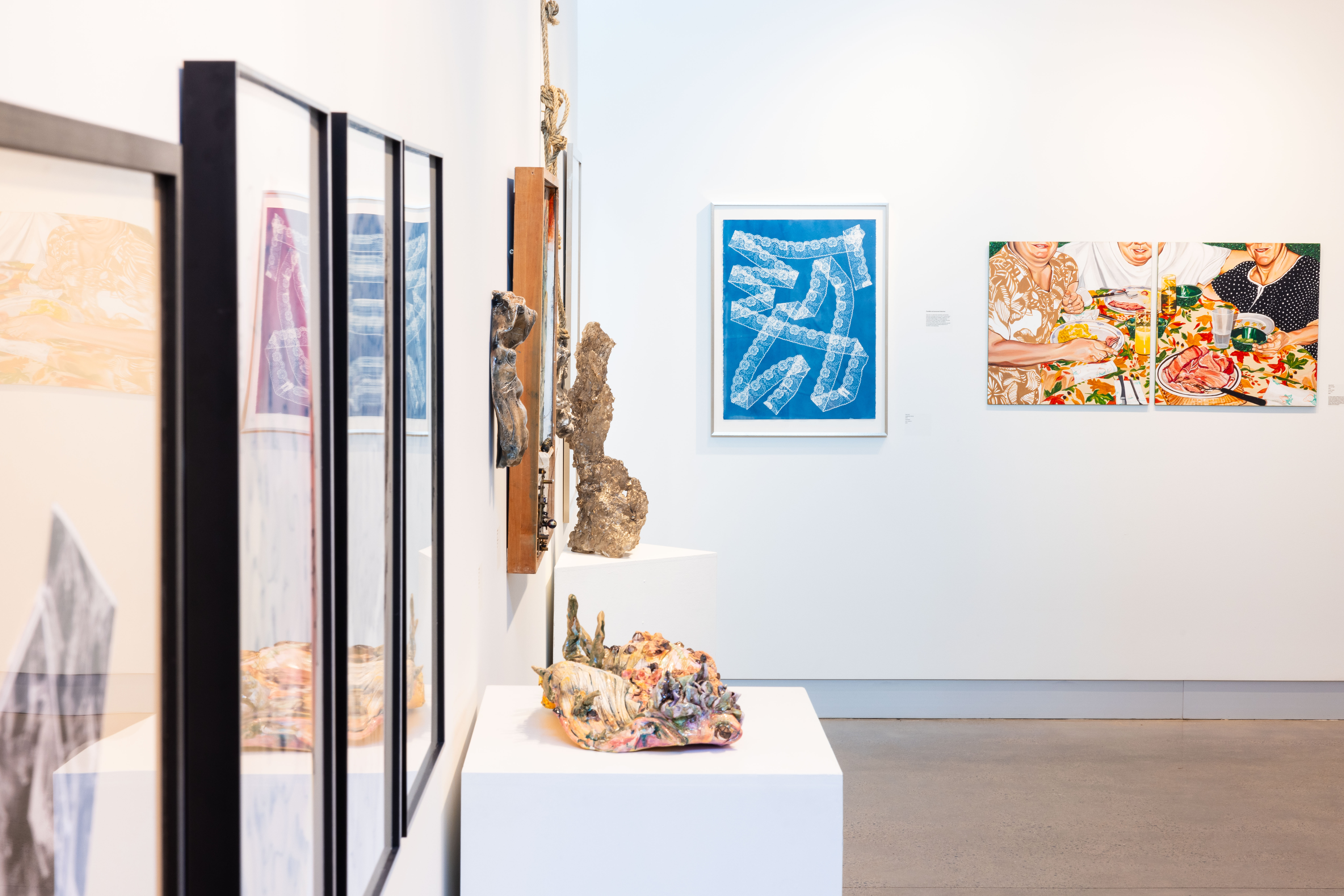
 Installation images credited to Chris Uhren.
Installation images credited to Chris Uhren.
How do we process time? Progress? Histories? Futures? Commence asks us to consider this question through examining beginnings, and, more broadly, what occurs between a beginning and an ending.
Process, transitions and change mark our individual and collective journey from a starting point, creating history that comes to define us as individuals. Nostalgia and memory, familial and personal stories, and the rethinking of history through elemental forms reveal themselves as agents of the past and transition. Each artist in Commence, works within these three themes to illuminate how a starting point can be disguised as a progression and continuum.
Returning to the beginning from a new vantage point, reusing materials and ideas, or addressing elemental concepts expands notions of how we think about starting points. Situating individual consciousness and bodies within the environment, ecosystem, or epoch, Czapinski, Julo, Lorenz, Martin, Ryan, McClure, and Steiner break down history to its bare bones, revealing the elemental forms that shape what we think we know.
Participating artists include:
Saige Baxter, Robert Buncher, Nicole Czapinski, Fabrizio Gerbino, Lori Hepner, Andy Julo, Stephanie Martin, Christine Lorenz, Peggy McClure, Catherine Ryan, Devina Goins, Michele Randall, Blaine Steiner, and John Tronsor
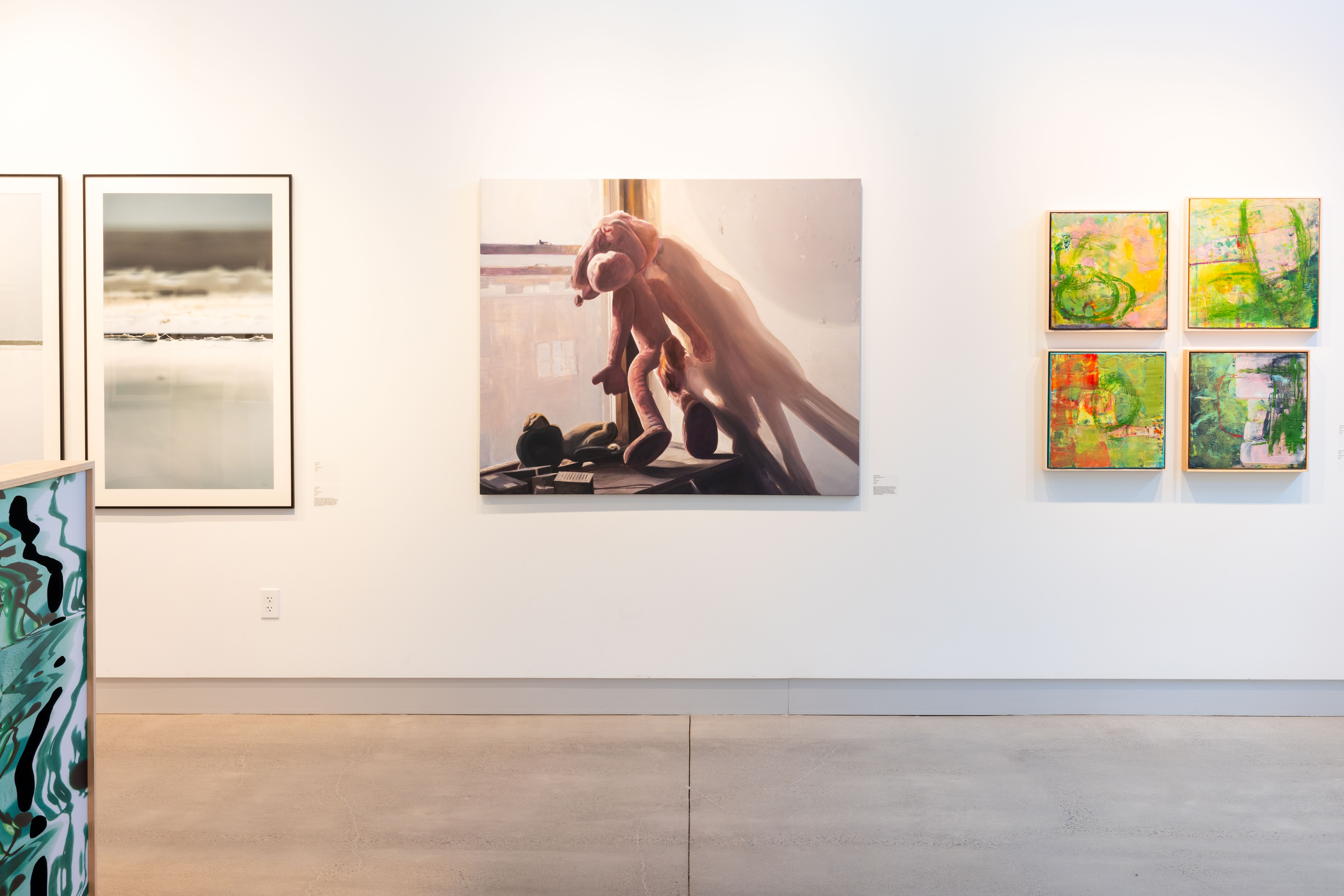
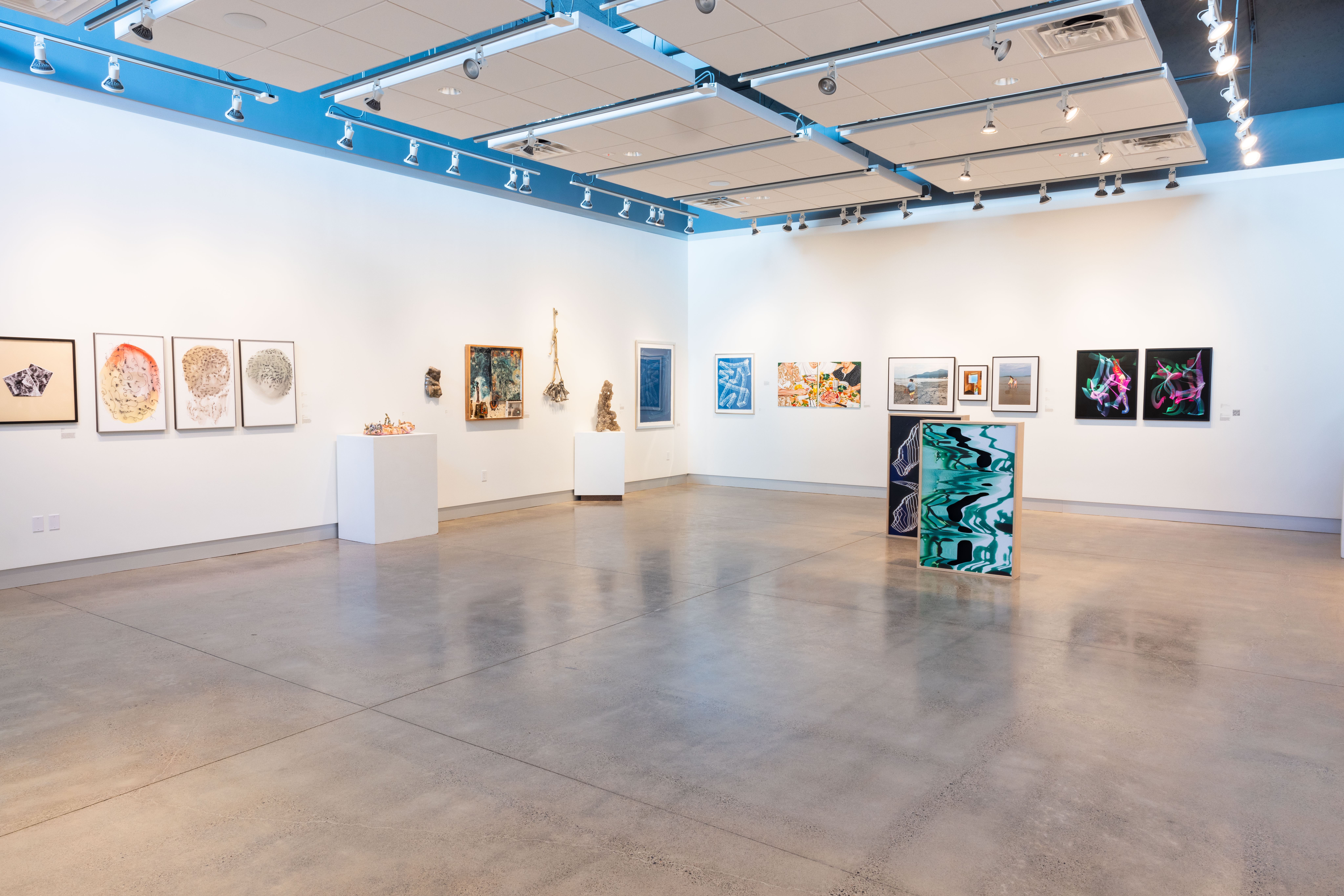
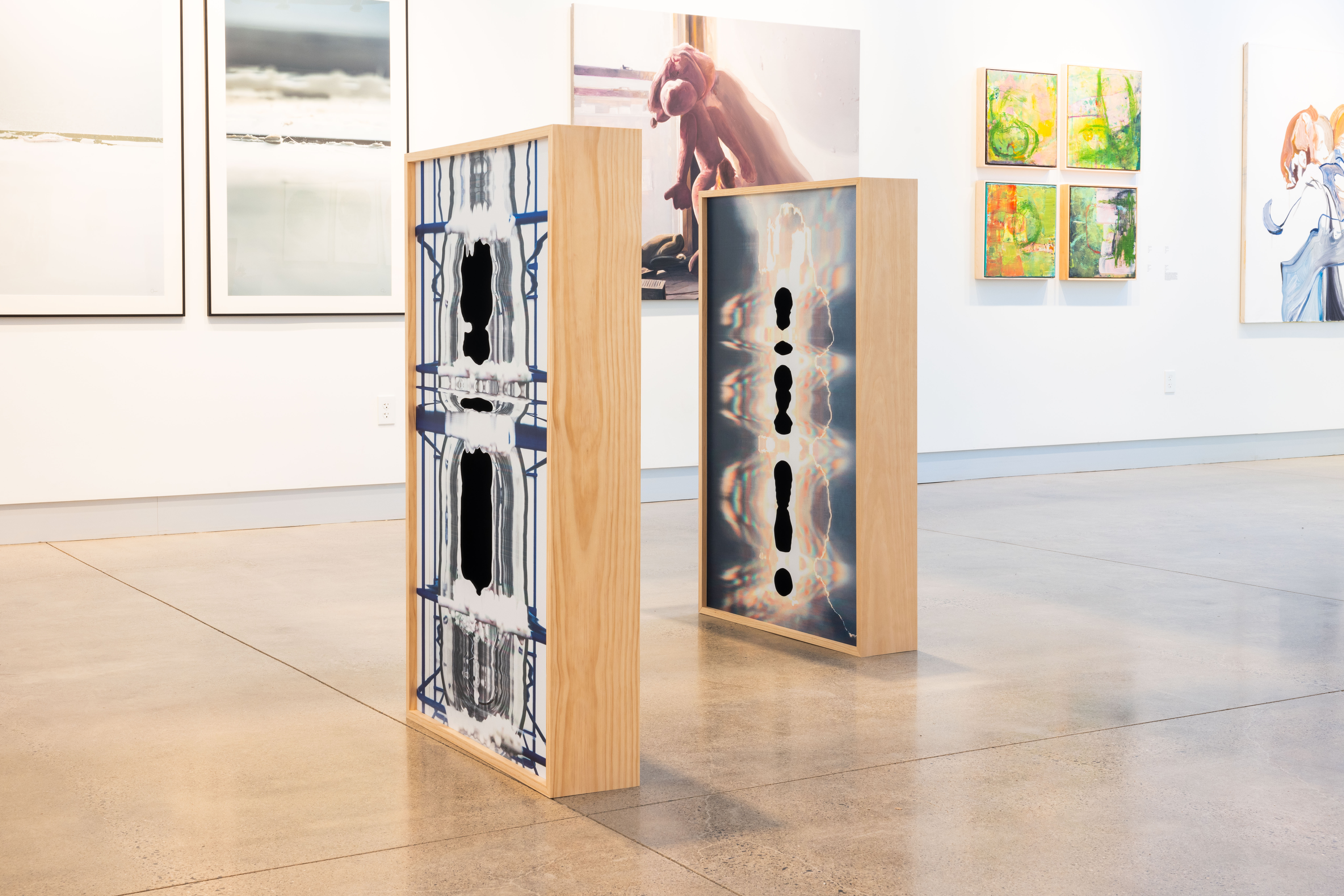
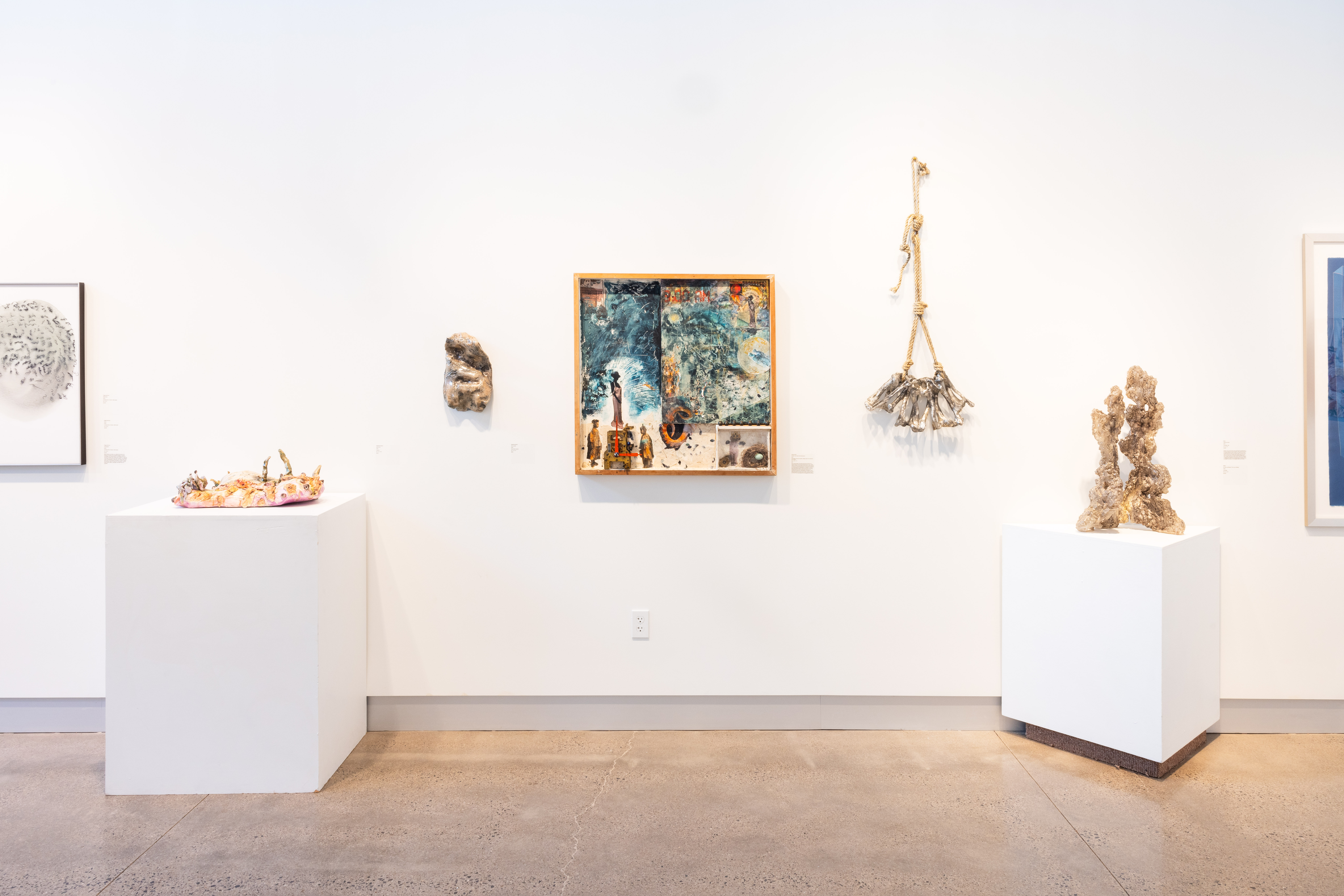
How do our personal narratives and familial histories converge into the now? Looking back through generational lineages, traditions, and traumas builds bridges to understanding individual journeys through the spatial and the temporal. Baxter, Buncher, Goins and Hepner use narratives surrounding family history and personal growth to illustrate the never-ending continuum of transition and becoming.
Our memories are often distorted or misremembered, but so frequently leave us with a strong feeling of a time and place. The nebulousness of memory can bring about a melancholic longing for a past that can’t ever be relived. Gerbino, Randall, and Tronsor use memory and nostalgia in concept and form to probe existential wonderings, process lived experiences, and explore unconscious desires.
This exhibition is juried by Nina Friedman who is the Director of the Tomayko Foundation. The exhibition will be held at the Tomayko Foundation and on view from October 6 - November 17, 2023.
